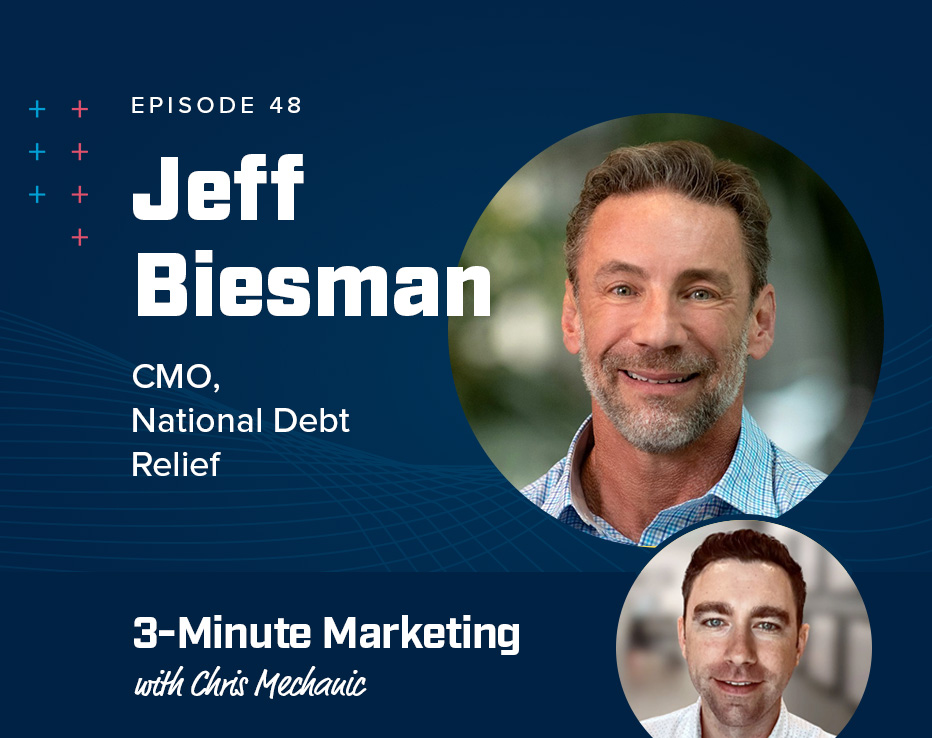
Are you becoming a cold, heartless machine?
I have a love-hate relationship with robots. As a science fiction fan, I’ve read countless tales of how robots save us from ourselves (and our own bad science), serve us as companions, and make us better people (thank you, BICENTENNIAL MAN).
But then again, the possibilities of autonomous military drones, impassive AI that decides our mortal fate, or just packs of angry, roaming robot dogs (thanks for THAT nightmare, Black Mirror) all lead me to consider our mechanized future more carefully.
Even more sinister are applications that attempt to mimic human conversation. While I applaud Google’s achievement in developing a more plain-speaking digital assistant, I can’t help but feel that this technology may drive us further from interacting with each other. (Side note: who here doesn’t want to choke their device when it says, “I don’t know much about that”? You have access to the whole world! How can you know nothing???)
Why does any of this matter?
Machine learning and data. We’ve gotten into the habit of accepting that mounds of data can effortlessly inform us of the best decisions for our clients, sometimes in lieu of common sense—that the almighty servitors of search know more than we do about… well, everything. What’s missing in these parsed, deeply segmented conversations about conversion? Heart.
Consumers aren’t equations
Sure, we can plug words or images into a formulaic construct that will provide a mathematically significant rise in profits, be it ever so miniscule. But when’s the last time you reacted to an advertisement, a blog post, a social share, or any piece of content without some emotional connection to it—something that made you laugh, made you cry, or just tugged at some internal desire?
In the effort to razor-sharpen ROIs and consumer engagement, many brands are overlooking the emotional hooks ingrained in us since the age when we sat around the fire and listened to the shaman’s tales.
That’s not to say data doesn’t have a place in the equation (pun slightly intended). We are making great strides in better understanding consumer motivation towards purchases at a microscopic level. But leading these experiences with generic, templated solutions produces work consumers shy away from, ever savvy in the age of clickbait. To suggest that emotion doesn’t drive consumer choices is to suggest that Russian Troll Farms aren’t effective.
Also, attempting to engage an audience with nothing but data is risky. Compelling stories always resonate with humans, just like plain, simple, conversational language does.
Listen to your heart.
When developing your content, there’s no need to make every line a story. But remembering that you’re talking to other messy, emotional, desire-driven human beings will go a long way to create lasting connections to your product or message.
So get out there and measure! Collect that data. Roll up your sleeves and get that ROI. But don’t forget to include an analyst with a heartbeat somewhere in the process, else you may have to learn to speak binary to get anything done.
Most newsletters suck...
So while we technically have to call this a daily newsletter so people know what it is, it's anything but.
You won't find any 'industry standards' or 'guru best practices' here - only the real stuff that actually moves the needle.






